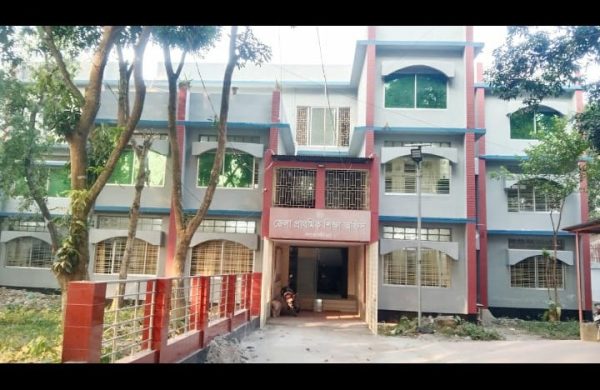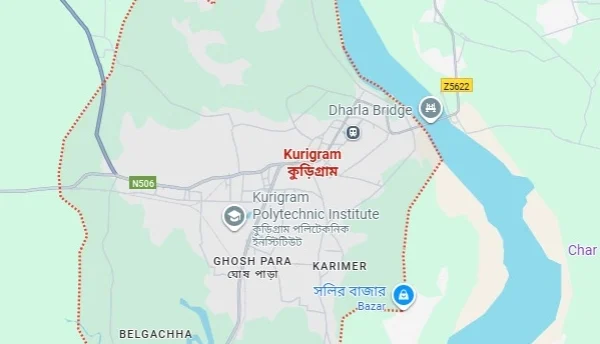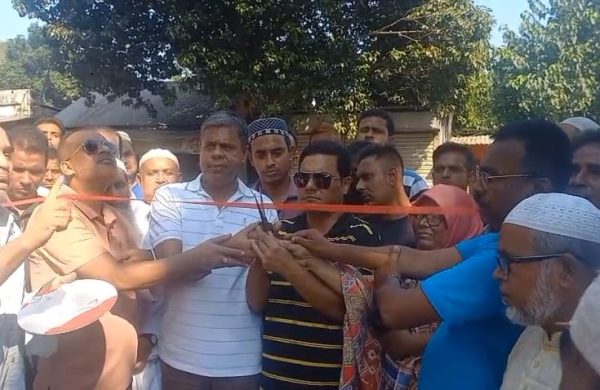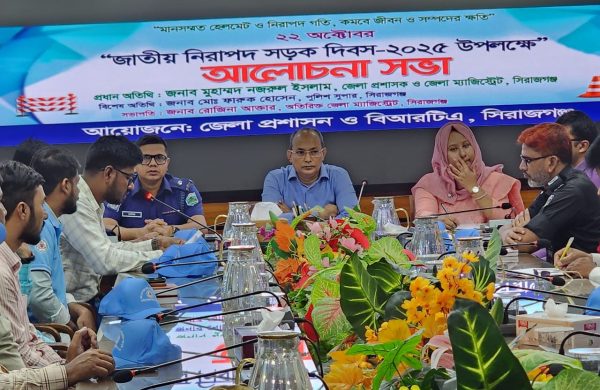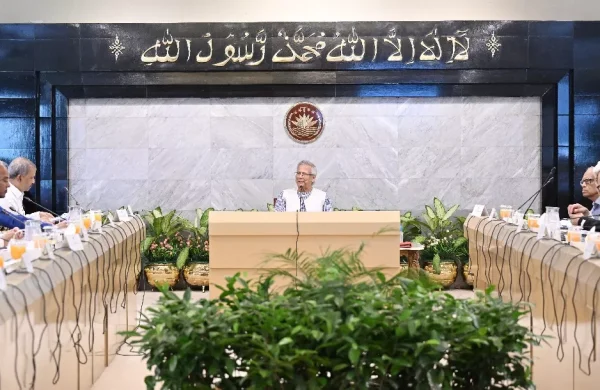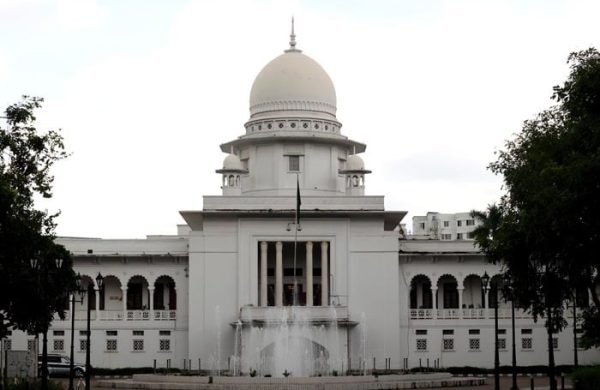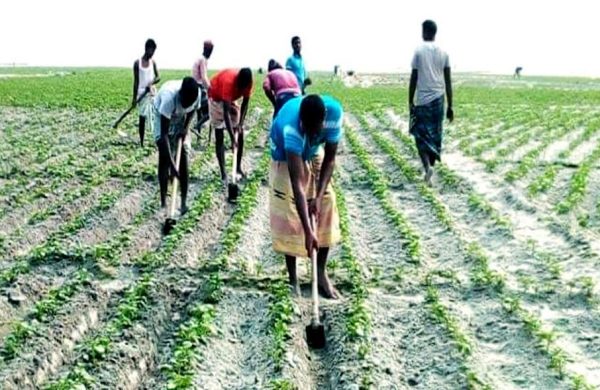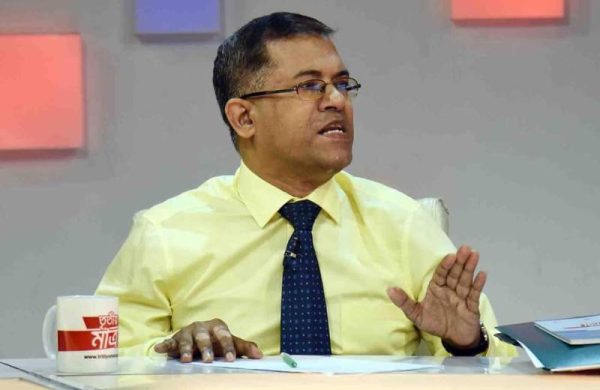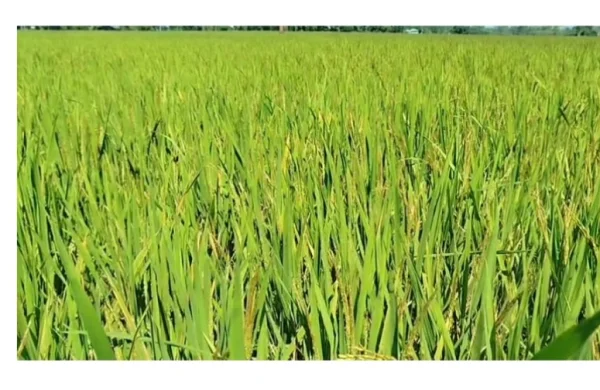Examinees in jeopardy
- Update Time : Friday, July 26, 2024
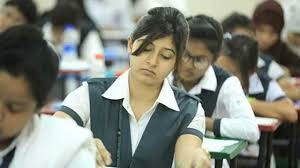
TDS Desk:
If everything had gone according to plan, Sabiha Islam, an HSC examinee from the Dhaka Board, would have already taken both Chemistry exams. She would now be preparing for her remaining four examinations: two papers each in Biology and Higher Mathematics.
Sabiha isn’t particularly good at Chemistry. However, there was a long seven-day gap before the first Chemistry paper, so she was confident she would be well-prepared for the exam.
But during that one-week gap, the situation in the country changed dramatically. First, there was the escalation of the Quota Reformation protests, followed by an Internet blackout and a nationwide curfew.
This resulted in the postponement of both of Sabiha’s Chemistry exams. Overall, HSC and equivalent examinations scheduled for eight days—between 18 July and 1 August—have so far been postponed due to the unrest.
Some other major examinations, starting from the half-yearly assessment of secondary students and the semester or final examinations of different universities, including the national university, have also been postponed. All examinations of Bangladesh Public Service Commission, including the viva for the 44th BCS and the recruitment tests of Bankers’ Selection Committee Secretariat (BSCS), shared the same fate.
English medium schools, which were supposed to begin their new sessions in mid-July, have also experienced delays. For instance, Assemblies of God Church School in Dhaka, which was set to start its new session on 21 July, has postponed the start date. The school authorities have not yet issued any announcement regarding the new start date.
While some guardians expressed disappointment over the postponement of the half-yearly assessments, others felt relieved that their children would not have to go out and take the exams under the current circumstances. But they are also worried that these delays could lead to learning loss and that schools might impose additional pressure on their children once things return to normal.
Public universities had completed their admission tests for the 2023-24 session, with classes originally scheduled to begin on 1 July. However, the start date was first postponed due to teachers’ protests over the pension scheme. It was further delayed because of the Quota Reformation protests and the subsequent closure of universities.
“We are not sure when our classes will start or if we will face even bigger session jams, which have been an issue since universities reopened after the coronavirus lockdown,” shared Habibul Islam, a first-year student at Dhaka University who has yet to begin his classes.
Job candidates are also growing increasingly frustrated, despite the fact that the Quota Reformation protests were intended to benefit them. “The recent postponements mean our wait to secure a job will only be extended further,” said one candidate who was recently scheduled to attend the viva for the 44th BCS.
But it appears that the HSC examinees are the biggest victims of not only the postponement of their examinations, but also the series of events that unfolded over the past week or so.
Without access to the Internet, they were initially left in the dark and uncertain about their next course of action.
It was only on 24 July that Professor Tapan Kumar Sarkar, chairman of the Bangladesh Inter-Education Board Coordination Committee and chairman of the Dhaka Education Board, announced that all the postponed examinations would take place after 11 August.
“Before yesterday [24 July], I wasn’t sure which subject I should be studying. Should it be Chemistry, or should I focus on Biology or Higher Mathematics, which were scheduled next?” Sabiha shared her feelings with this correspondent.
At one point, Sabiha’s family elders advised her to study all three subjects simultaneously, as if preparing for university admission tests. “It was also on my mind that the examination postponement means we will have less time to prepare for the admission tests. So, I considered following my elders’ advice,” Sabiha said.
But it was easier said than done. The Internet blackout meant Sabiha was almost completely cut off from her friends, except for a few direct calls. She was accustomed to studying in groups online and watching YouTube videos as part of her preparation. Now, both of these options were out of the question.
The overall situation of the country was also taking a toll on her mental health. “Many of my juniors and seniors took part in the protests until the curfew was imposed. I couldn’t join them due to my examinations; but the way everything suddenly turned violent really scared me,” Sabiha said.
Musfique Ahmed, another student from the Jashore Board, expressed similar feelings. Unlike Sabiha, he participated in the protests, but the subsequent nationwide violence left a lasting scar on his mind.
From an educational perspective, the curfew and Internet blackout meant he no longer had access to his usual study methods.
The physical coaching centers he attended were closed due to the curfew, and his home tutors were unable to come. “I also usually watch YouTube videos to understand complicated topics and attend Udvash Coaching Centre’s revision classes. But I couldn’t do either of those during the outage,” he explained.
Teachers too are now deeply concerned about the overall well-being of the HSC examinees.
According to some, an unexpected break in the originally published exam schedule is never good news. Past trends indicate that even if students receive additional time before an exam due to a sudden postponement, it seldom improves their preparation.
“Instead, on many occasions, students lose all their concentration, waste time doing nothing, and end up performing worse in those examinations than expected,” said Nazmus Sakib, a teacher at a public college in Dhaka.
The situation is even more complex right now because the Quota Reformation protests were initially led by general students. Even if most HSC examinees did not physically participate in the protests, they still feel a sense of camaraderie with other students who were injured or killed during the unrest.
“I myself am feeling lost,” said another college teacher who wished to remain anonymous. “It’s anyone’s guess what the HSC examinees are going through. It’s hardly the best time to sit for one of the most important public exams of their lives. But, of course, they have to,”
“It’s as if the difficulty of their tests has now do ubled,” he concluded.



